Iran
-
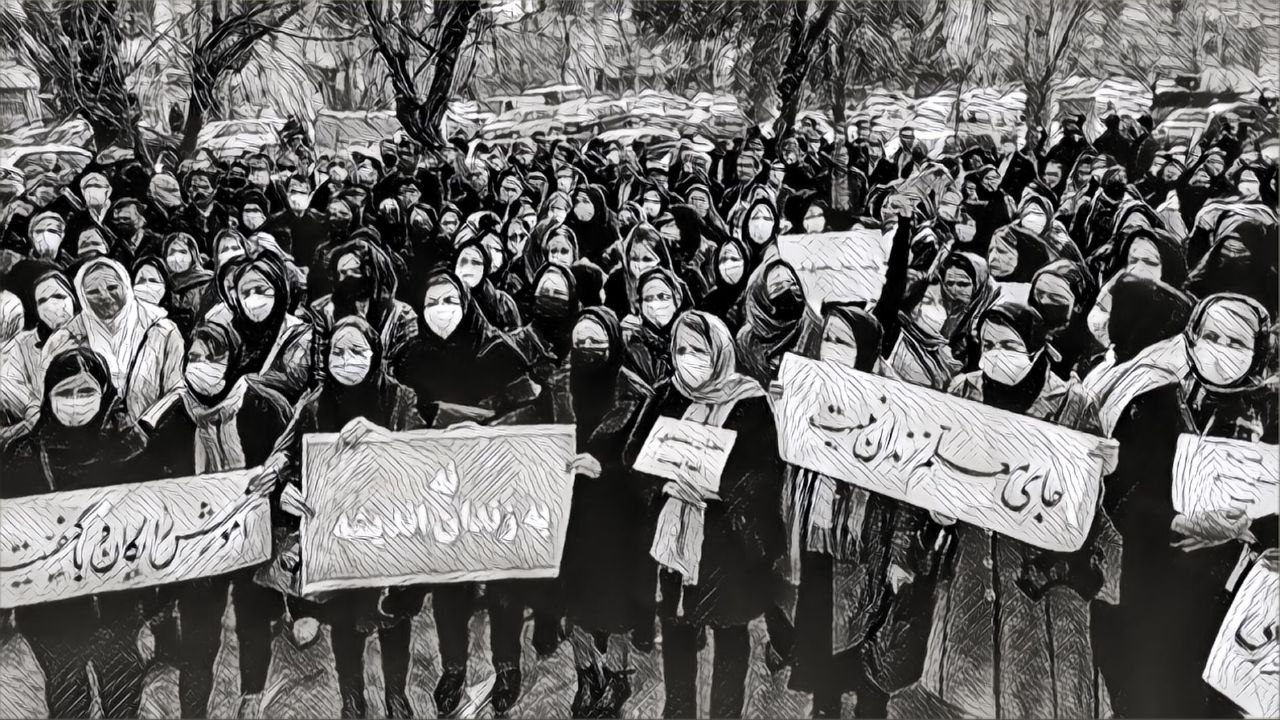
Rasool Bodaghi is a teacher and a member of the Union of Iranian Educators. Bodaghi has dedicated his life to improving modern education and ensuring that all Iranian children receive a quality, free, and equal education. In a recent note written from Evin prison, he spoke about the demands of teachers over the years and explained the reasons for the government’s repressive actions towards them.
-
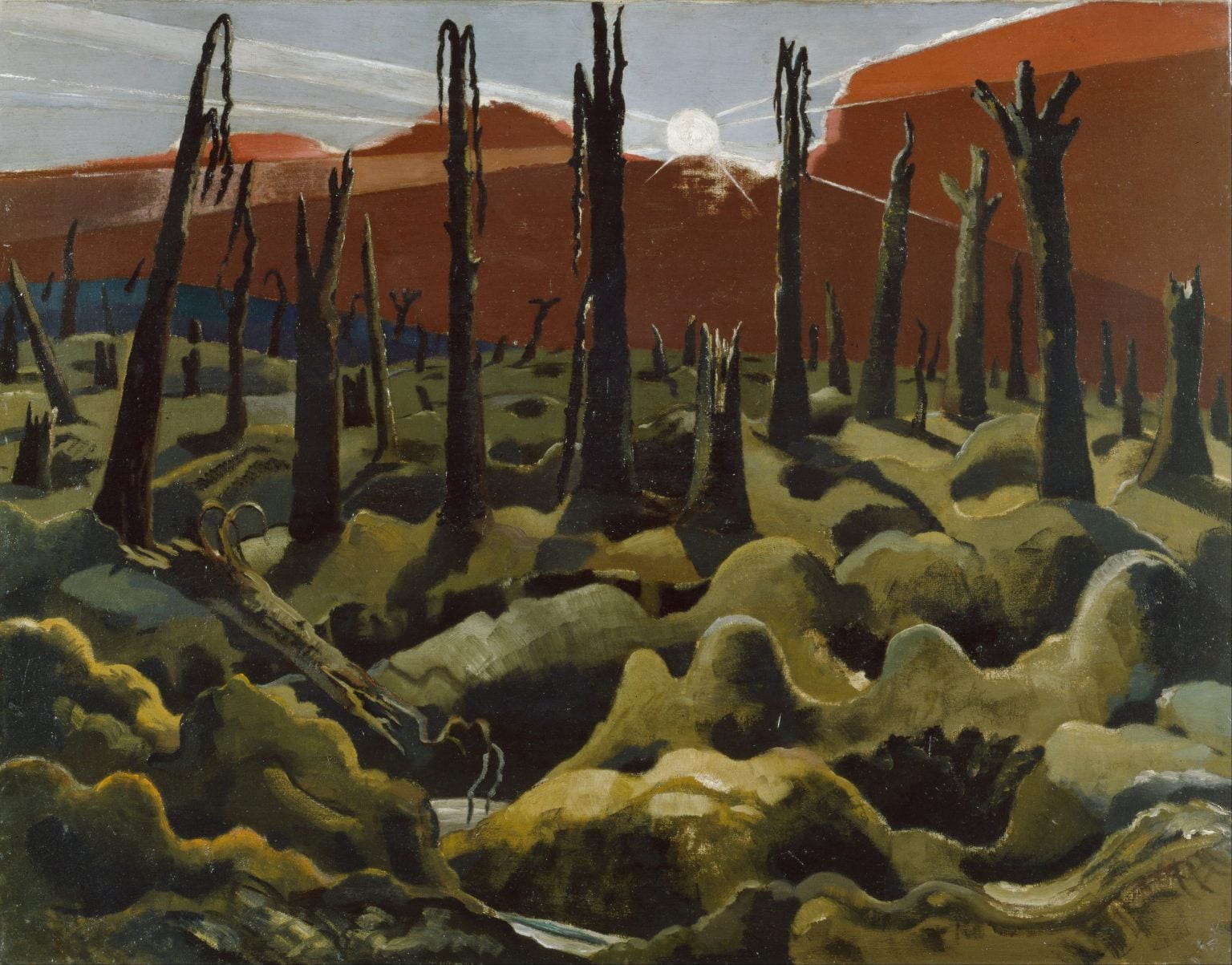
Mohsen Shekari, 23, was a waiter in Tehran. Majid Reza Rahnavard, 23, was publicly hanged from a crane in Mashhad (northeastern Iran) and did not have a defined profession. Seyyed Mohammad Hosseini, 39, was a worker and an orphan of both parents. He still published pictures on his Instagram that he took on a trip he had more than 17 years ago. Mehdi Karami, 22, was the son of a street handkerchief seller. His last words, spoken before his execution, shocked Iran: “Dad, the sentences have been pronounced. I am sentenced to death. Don’t tell Mom.”
-
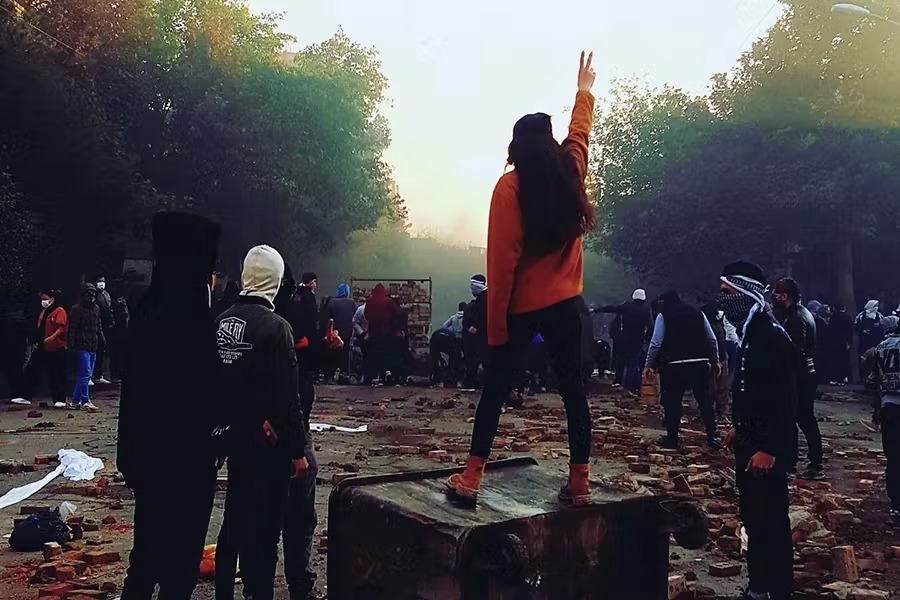
In the past months of the ongoing revolution in Iran, numerous pictures and videos from different Kurdish cities were published on social networks, which had a more radical political message than what was going on in other parts of Iran. “Long live socialism”, “Long live the council management” and emphasizing the opposition to the centralized government along with the capture of urban facilities to make the voices of the fighters louder.
-

According to the governor of Tehran, approximately 5 million people live in these neighborhoods around the city, many of whom reside in dilapidated buildings that are at risk of collapsing. While the media is not forbidden from publishing reports on these neighborhoods, they may choose not to do so due to the possibility of being accused of spreading false propaganda against the government or officials.
-
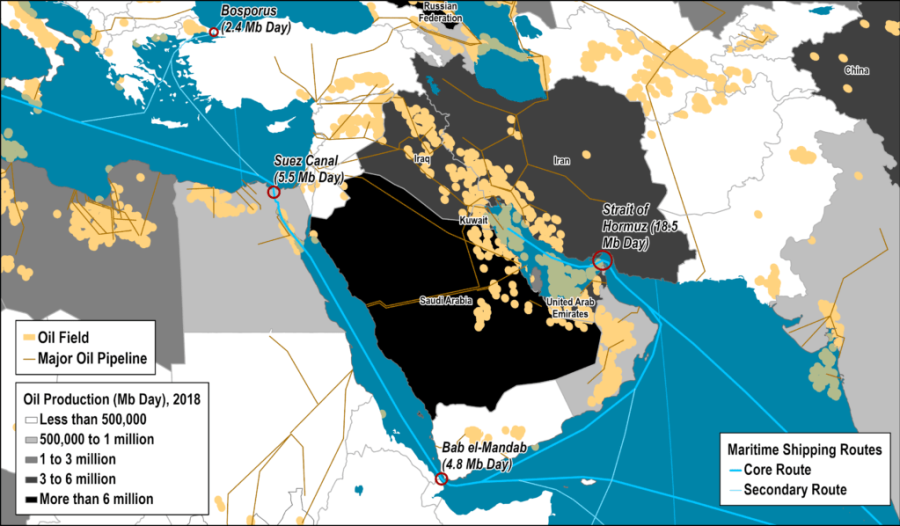
In the Middle East, progressive political groups, including those on the left, right, seculars and radicals such as communists and anarchists, often face brutal suppression by authoritarian governments. At the same time, Islamist groups in the region also actively oppose and attack these progressive movements, using tactics such as assassination, murder, and forced disappearance.
-
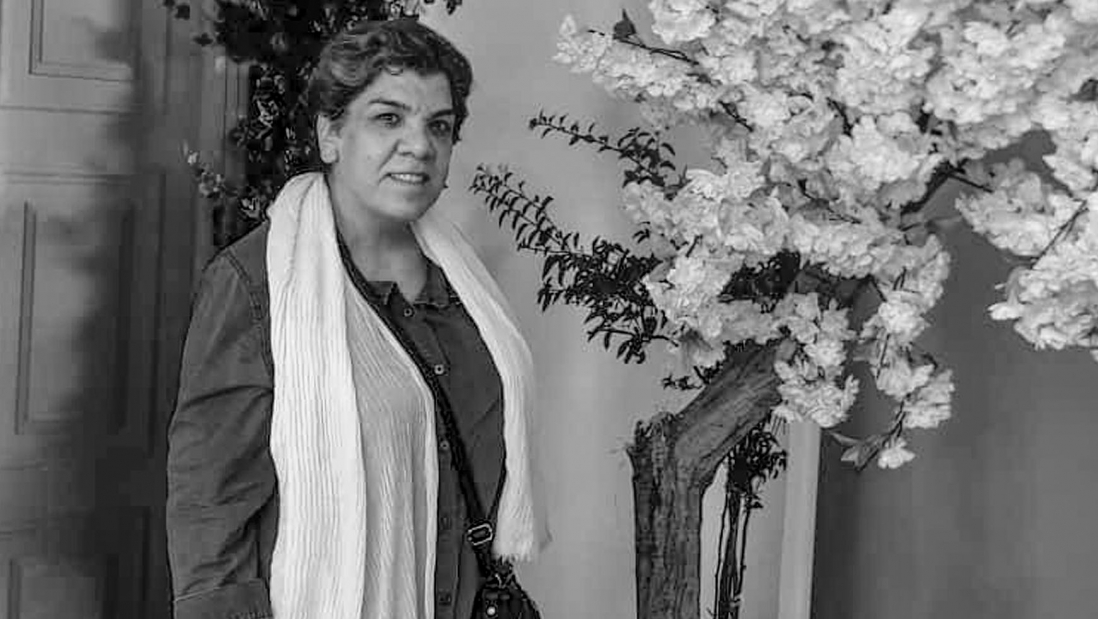
Why, after more than two months of protests, have nationwide strikes not yet occurred in Iran, and how do the demands of the current uprising for “women, life, freedom” align with those of the working class? To address these questions, we spoke with Parvin Mohammadi, the vice-chairman of the Independent Iranian Workers’ Union. With years of experience in the labor movement and a history of interrogations, arrests, and trials due to her activism, Mohammadi believes that “national labor strikes will happen, but on a different schedule, when this movement becomes wider and involves crowds of thousands in cities.”
-
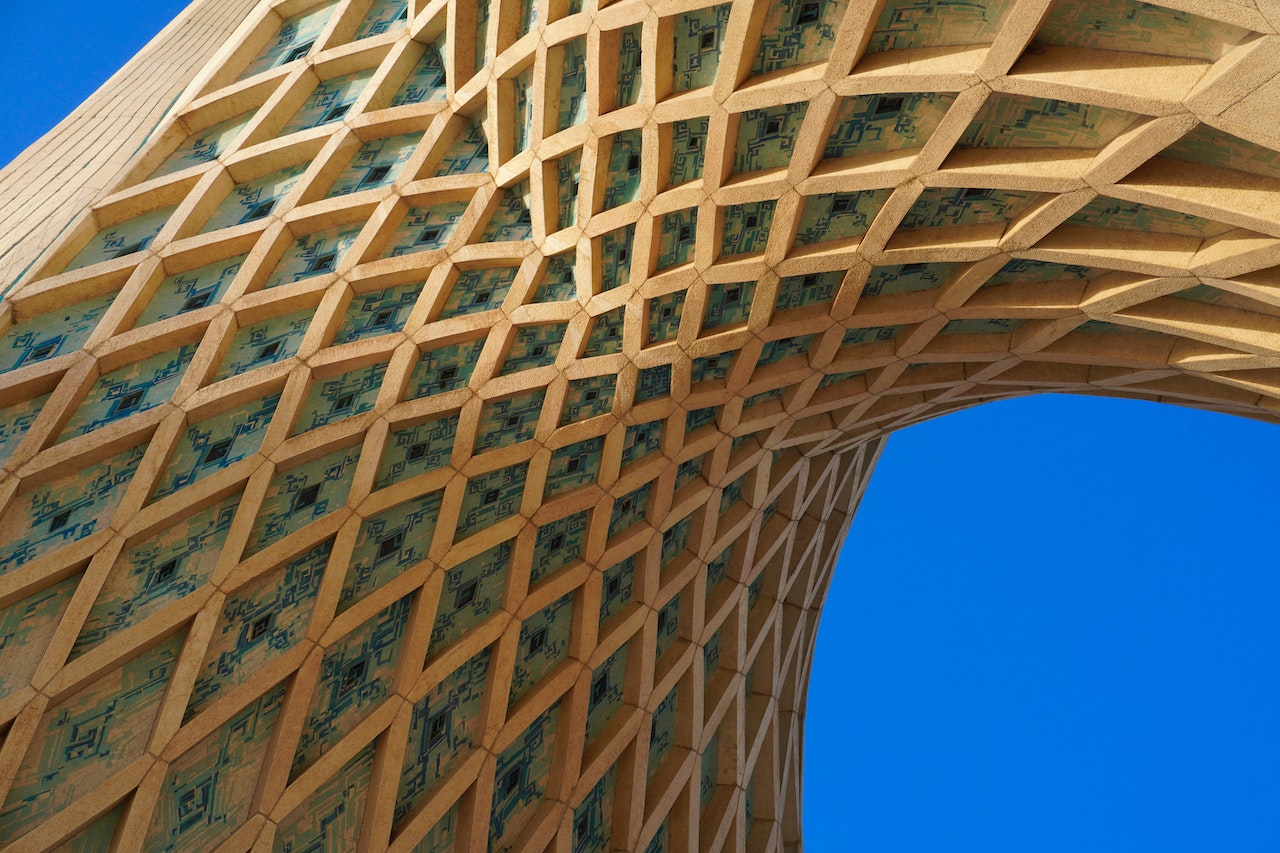
A critical study of how Iranian nationalism, itself largely influenced by Orientalist scholarship first undertaken by the European Orientalists of the nineteenth and twentieth centuries, has shaped modern conceptions of Iran and Iranian identity, as well as narratives of Iranian history, leading to the adoption of a broad nationalist construction of identity to suit Iranian political and ideological circumstances.
-
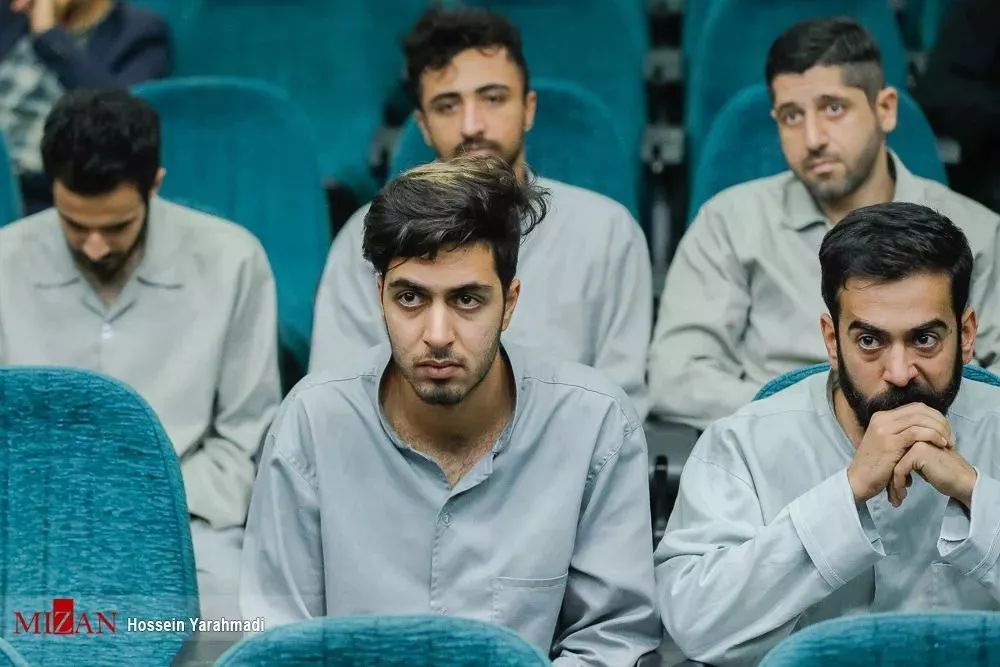
Five protesters have been sentenced to death in an show-court in Alborz province, which had only three so-called hearings and lasted only six days. Sixteen people were convicted in this show-court, five of whom were sentenced to death, and the remaining eleven were sentenced to long prison terms. Three children under are among those convicted. […]
-
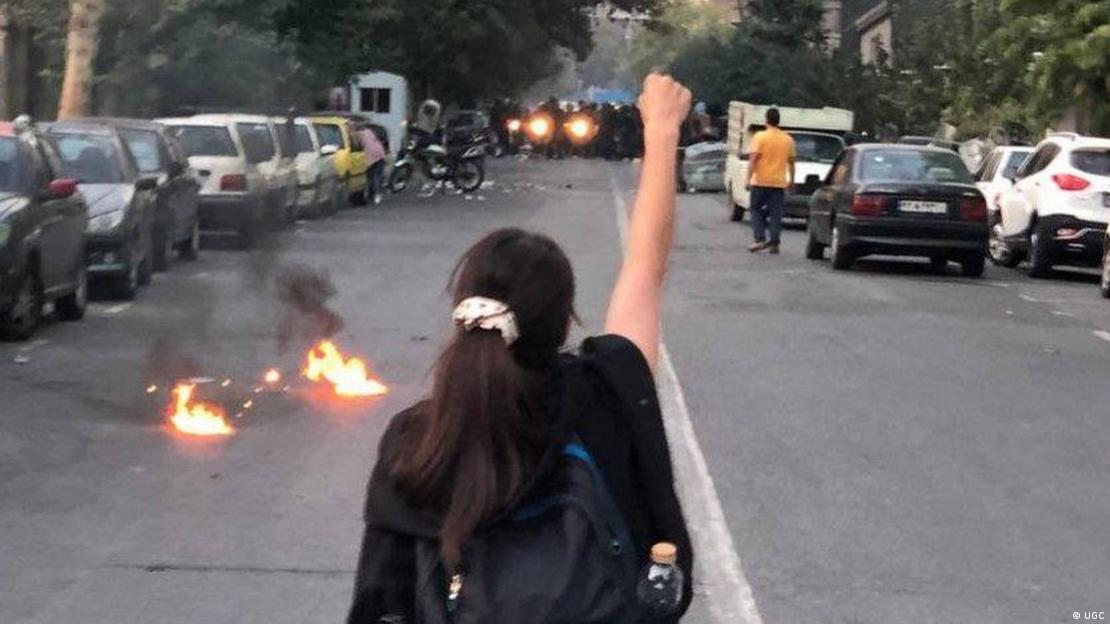
When it is said that the moral “police” has been closed, it means that it has been removed from the state administrative and will not act as police unit but still, “Guidance Patrol”. This force can continue to exist as it was before 2005. It should be emphasized that the Islamic Republic with all its political and social structure is a moral police.
-
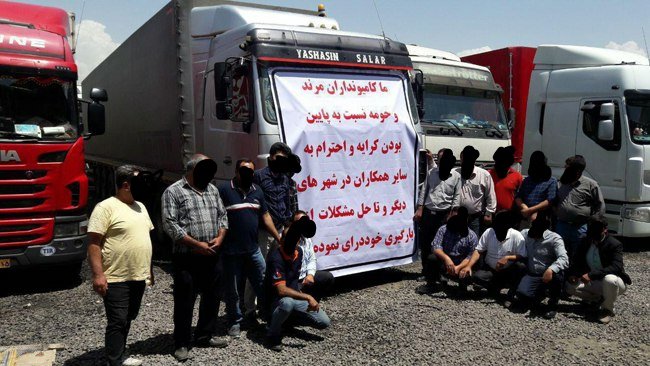
Simultaneously with the continuation of protests and the continuation of strikes in recent days in some production centers of Iran, some reports indicate the formation of truckers’ strike in some parts of the country. On Sunday, November 27, videos of truck drivers were published in which they announced that they were on strike despite the […]
-
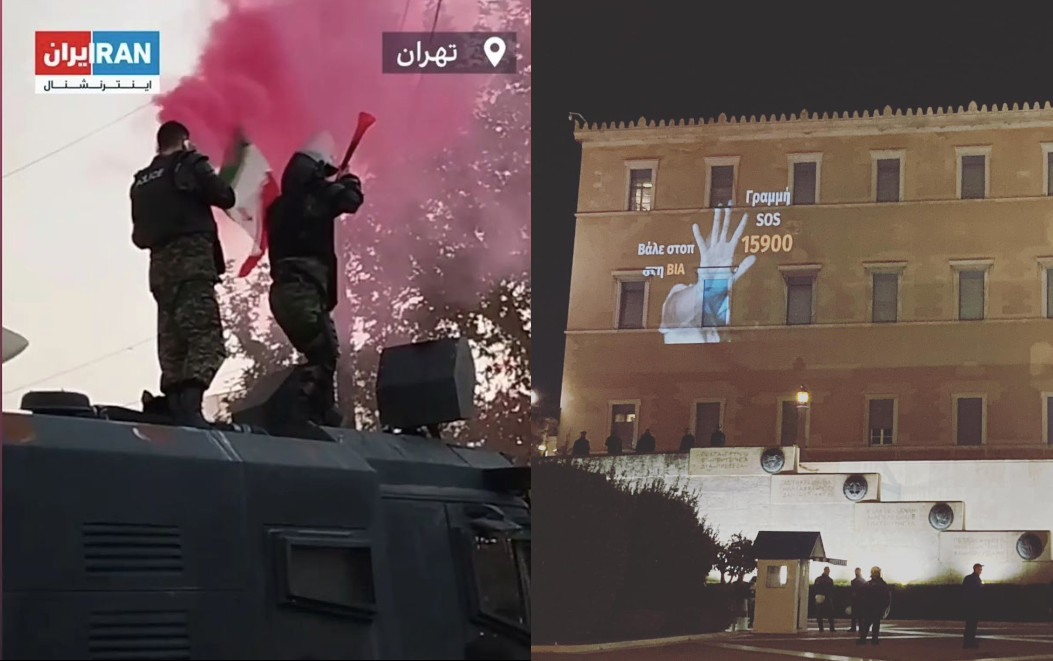
The scene is painful, the murderer of the people is dancing. Alongside this horrible image, patriotism and nationalism also has its own manifestation. Where the riot police are happy for Iran while they are shedding Iranian blood on the ground! He is singing the praises of the people, as if he wants to say: “I killed and I am happy to kill.” In their side, those who rebel against God’s government are not Iranians! However, this symbolic scene also announces the fall of the regime in the most pitiful way.
-
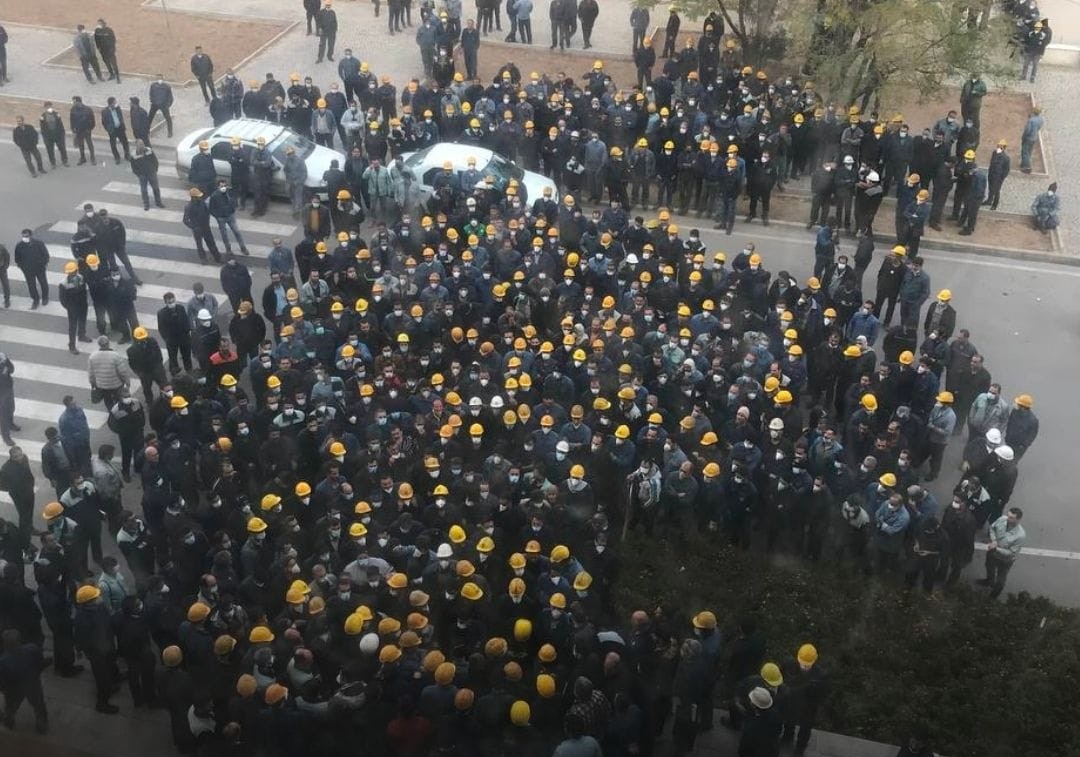
After the murder of Mahsa (Zhina) Amini by the Moral Police in Tehran, Iran is now entering the third month of nationwide protests. Protests that have been accompanied by widespread strikes and so far more than 50 cities in Iran have experienced it. The strikes were started by shopowners and small businesses in protest of […]